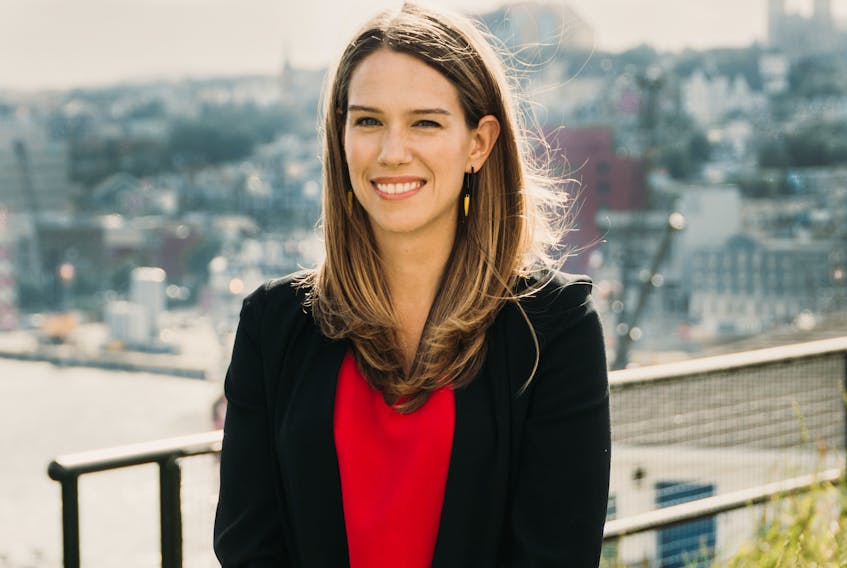ST. JOHN'S, N.L. — About 28 per cent of the people quoted in Canadian news in the week prior to last Thursday were women.
That’s according to the Gender Gap Tracker, a real-time measure of the ratio of female to male sources quoted in online news articles. The tracker is a joint effort by Simon Fraser University and Informed Opinions, an organization founded in 2010 to amplify women’s voices and achieve gender balance in news media.
Informed Opinions founder Shari Graydon calls the low percentage “a serious problem.”
“Women's life experiences and the insights and priorities they inform are often qualitatively different from men's. And we can't solve the intractable social, economic and environmental challenges we face without drawing on the talents of both men and women,” she wrote in email correspondence with The Telegram.
To increase that number, Informed Opinions developed a database of female experts from across the country – it currently lists about 1,500 experts. Journalists and panel organizers can search the database to find an expert who they can speak with about various topics.

Seeking local experts
Currently, 13 of those experts live in Newfoundland and Labrador. Informed Opinions recently invited academics and researchers in the province to join the database.
“We’re hoping even more will sign up, as well as women from non-profits and the private sector,” Graydon wrote.
Yolande Pottie-Sherman signed on to be part of the searchable database last fall.
The assistant professor in geography at Memorial University said she’s had an uptick in media requests since then.
“One of the key problems is that Canada’s media is not adequately incorporating the voices of highly qualified women, and one of the solutions is to encourage women to engage more, and to get journalists, also, to try to diversify,” she said.
Another local expert in the database is Heather Elliott, a graduate student in anthropology at Memorial University studying gendered experiences in the professional sectors of shipbuilding and fish harvesting. She’s also a blogger of maritime-related topics.
“When I read Informed Opinions’ mandate about trying to get more women into media as experts to speak on certain things, I just realized that really is something we need more," Elliott said.
“If you see someone who looks like you doing something, then you can see yourself in that role, and I realized that, as I was thinking about all the talking heads for maritime research, maritime history – especially when I was growing up and developing my interest in the field – most of them were men.
“So, I decided to sign up in the hopes to be able to share that information and be a female voice adding to the field, because there are still a lot of men in that field, so to have a woman’s perspective and a woman’s voice I thought was very important.”
Slight improvements
Graydon said the database facilitates dozens of media requests every month, and since the Gender Gap Tracker began analyzing women’s voices in media, they’ve noticed an increase.
From October 2018, when they began tracking, to February 2019, when they publicly launched the tracker, the ratio of women’s voices in Canadian media averaged 25.3 per cent, she said.
In a little over four months since the launch, that number increased by 2.7 per cent, to 28 per cent, Graydon said.
Women interested in signing up as an expert for the database can complete a submission form online at informedopinions.org.
Twitter: @juanitamercer_
MORE FROM JUANITA MERCER









